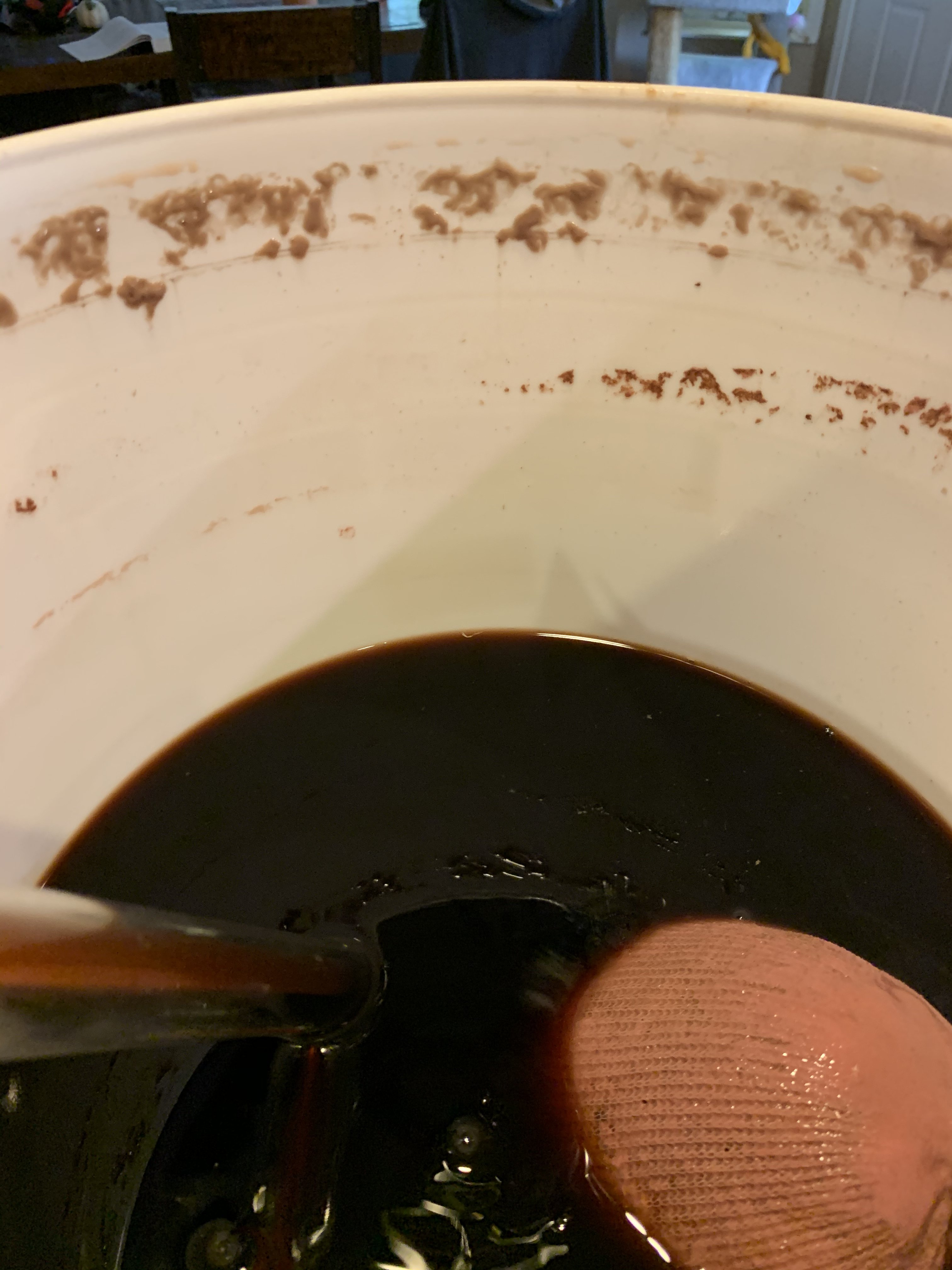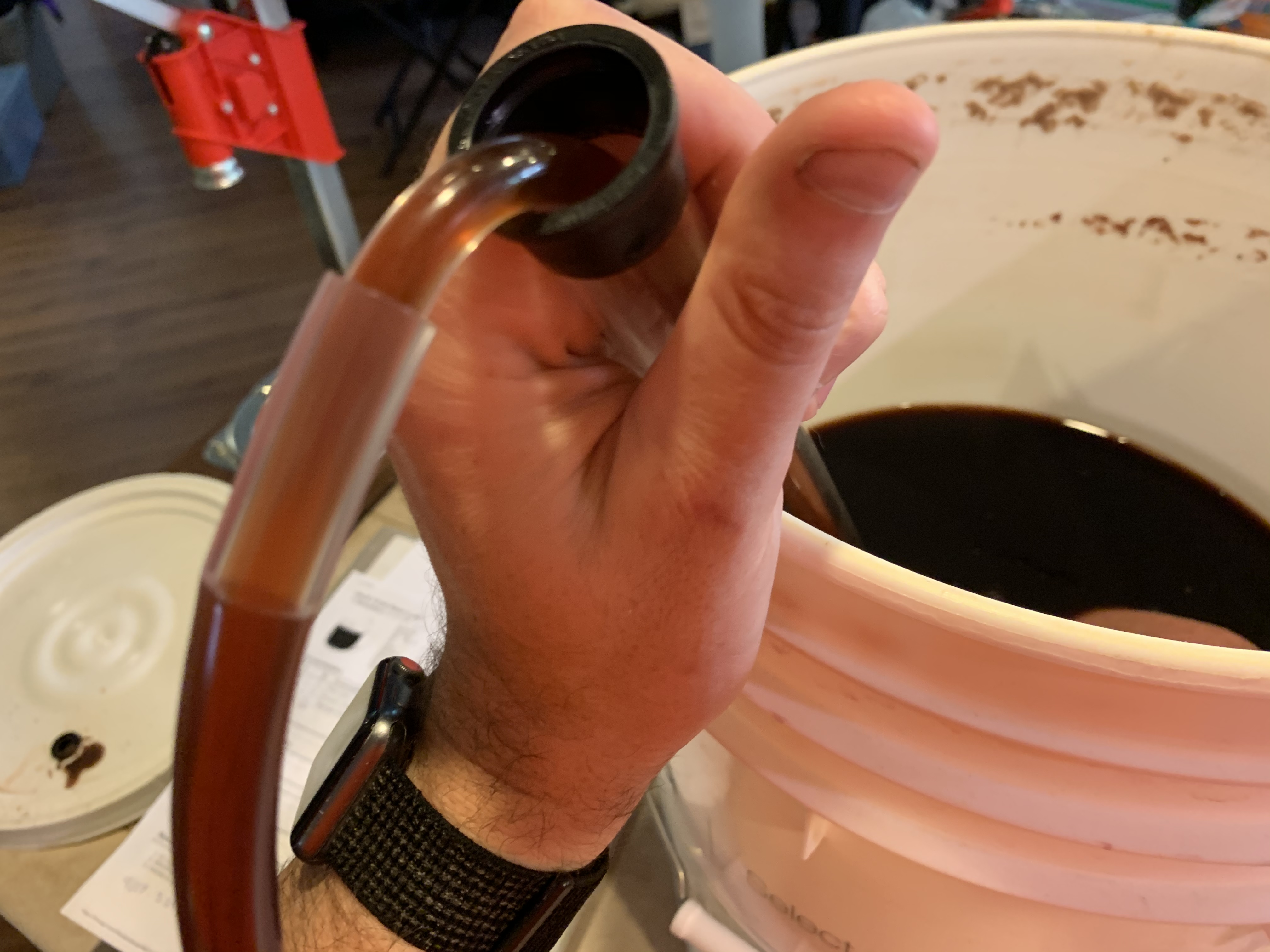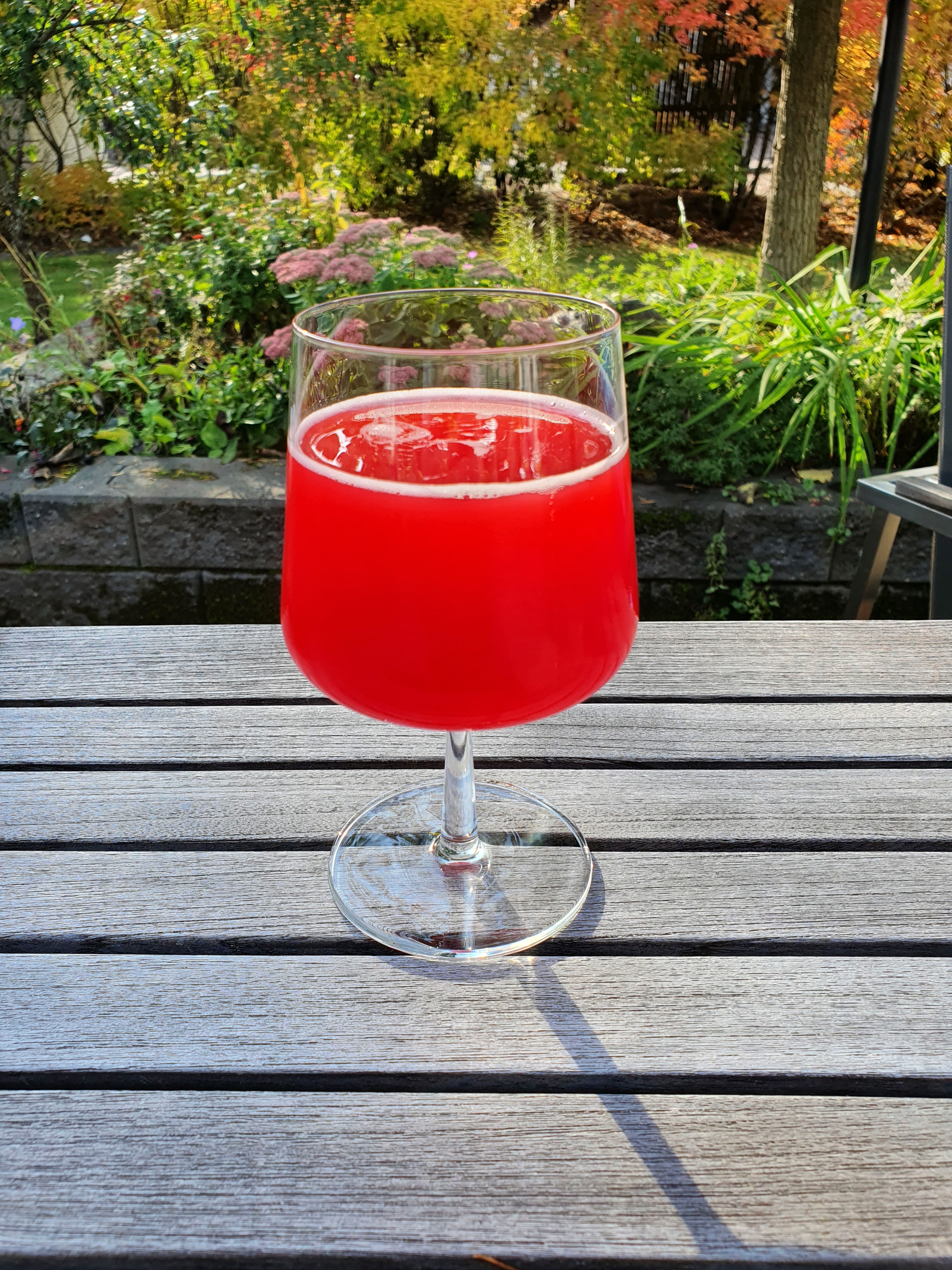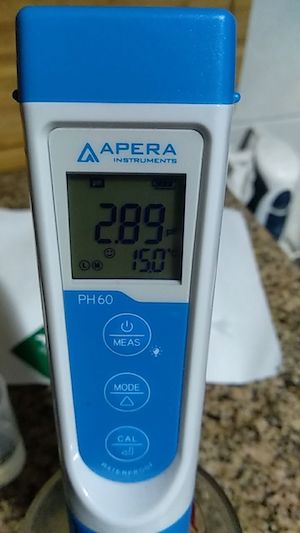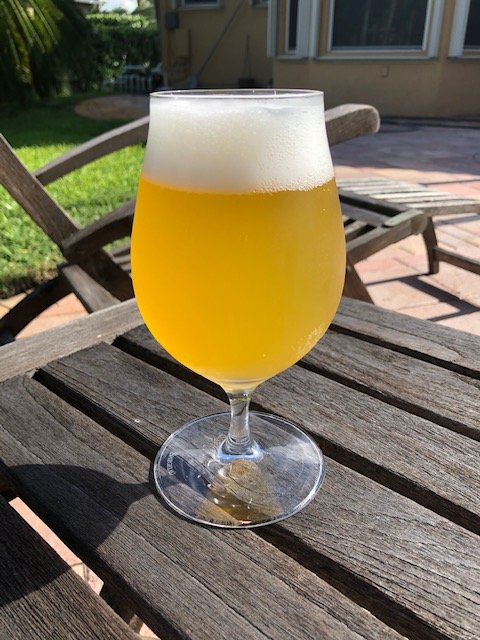tizoc
Active Member
- Joined
- May 19, 2020
- Messages
- 42
- Reaction score
- 42
Now that winter is about to end here, I plan to get back into brewing fast sours soon. Something I want to try, is blending of sour beer with wine (mainly because I find it much easier to get good wine than to get good grapes), starting with a ~4-5% abv post/co-soured saison blended with white wine.
Has anyone tried something like this? what did you do? what where the results?
I'm a bit worried about sulfites, but maybe, for the amount of wine I plan to use in a first test-batch (one or maybe two 750ml white wine bottles in a 20L batch) it is not going to be an issue.
Has anyone tried something like this? what did you do? what where the results?
I'm a bit worried about sulfites, but maybe, for the amount of wine I plan to use in a first test-batch (one or maybe two 750ml white wine bottles in a 20L batch) it is not going to be an issue.
Last edited:




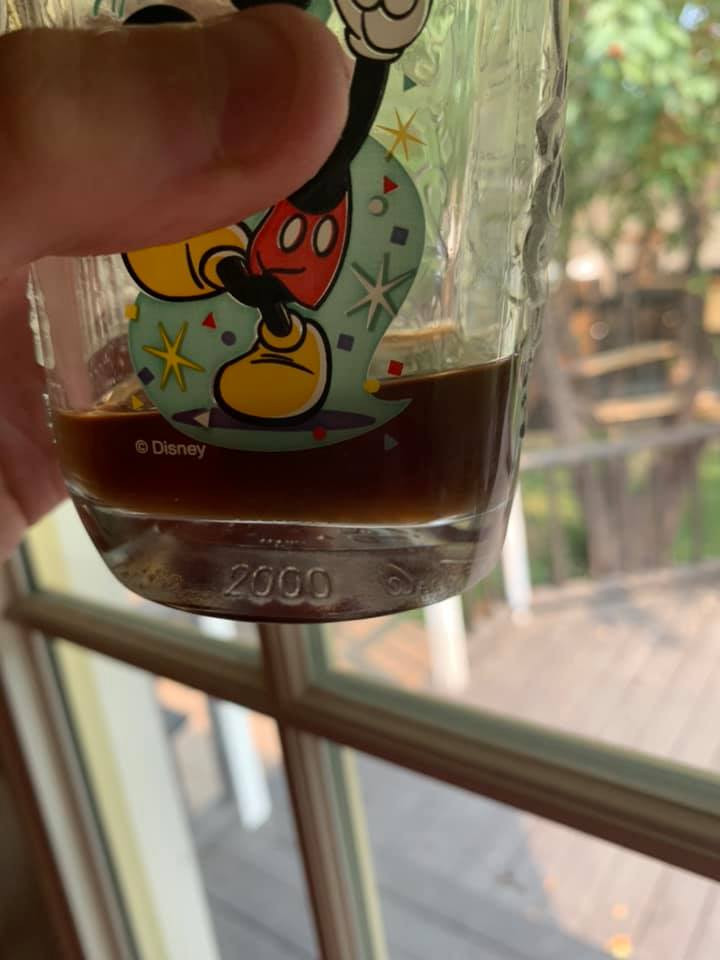



























![Craft A Brew - Safale S-04 Dry Yeast - Fermentis - English Ale Dry Yeast - For English and American Ales and Hard Apple Ciders - Ingredients for Home Brewing - Beer Making Supplies - [1 Pack]](https://m.media-amazon.com/images/I/41fVGNh6JfL._SL500_.jpg)




























